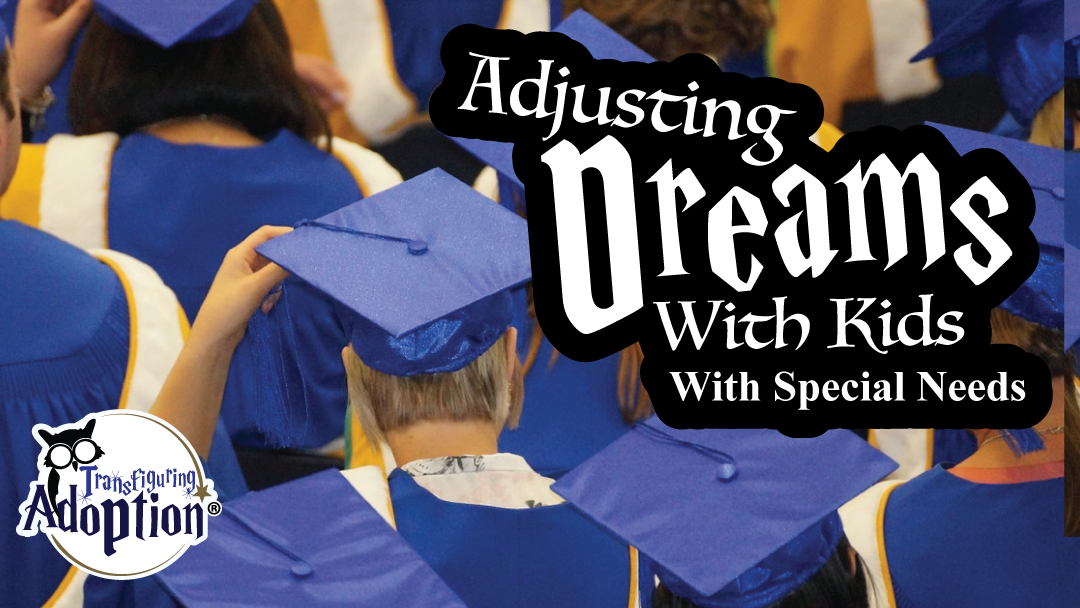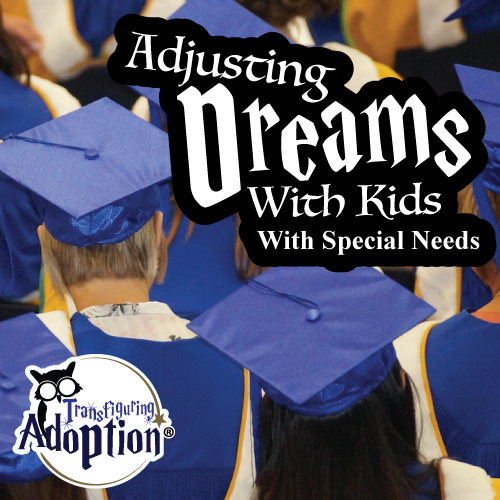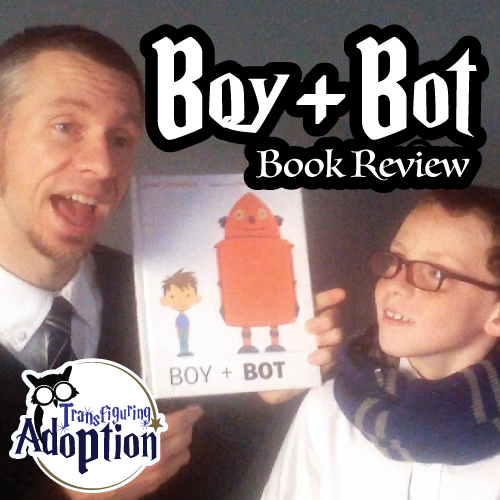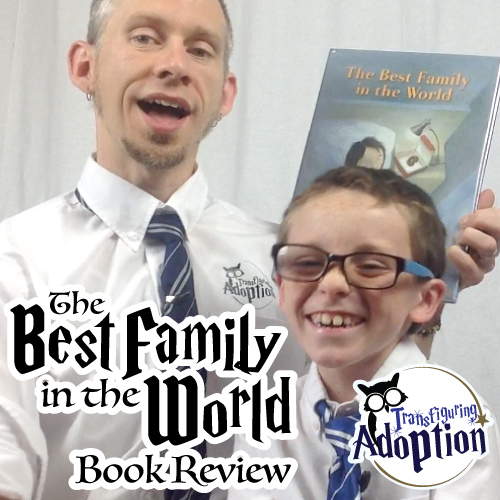This past spring we attended a high school graduation for the first time as parents of a graduate. During the ceremony, we were inundated with numbers. Ninety percent of the 470 graduates were entering college. They had been awarded $25,502,169 in scholarships. It was not as hard as I anticipated knowing that my child was not one of these students. College is not a good match for him. I know that. What was incredibly hard was watching graduates stand as their names were called along with the branch of the military they were entering. That was difficult. I cringed as I thought about unattained dreams. Our young man had dreamed of being a soldier as long as we had known him.
Unrealized Dreams
I can sympathize with unrealized dreams, as can most people who have lived a few years. My childhood dream was to be accepted to and attend Northwestern University, which was at the time ranked as 14th in the nation and was one of the very top schools in speech pathology, which I intended to major in. My childhood was not without major obstacles and struggles. I fought with fierce determination to succeed at what I put my mind to. I worked for what I got, but so much came naturally. I was not limited by a disability. While so much was unknown to me, I knew enough. I applied to Northwestern and was accepted, but after much deliberation, I chose to attend the state school offering me a scholarship as opposed to graduating with tons of debt. Looking back I know, had I gone to Northwestern, I would not have met Darren. Chances are that this crazy, dysfunctional family and Community Kids and Transfiguring Adoption would not have all come about. I still have that acceptance letter. In high school, I was voted most skilled in business, most likely to succeed, and most likely to be in politics (really???). I remain proud of my accomplishments, but that person seems far away. My dreams had to be adjusted.
Adjusting Dreams and Expectations
I talk often about adjusted dreams and expectations. I join with parents all over who secretly hurt for their kids, who feel twinges when their kids are not being recognized for how amazing they are at awards ceremonies or graduations. How I wanted to scream to the rooftop of that huge, packed out college basketball stadium about the wonders that our boy has achieved, living through horrors and overcoming obstacles those other grads could never imagine.
My life does not look like what I thought it would when I received those high school awards. Does that make me unsuccessful? Are my new dreams any less valuable? My child’s life does not look like what he had hoped. Does that make him unsuccessful? Six months post graduation, we are still struggling with our young man to figure out the next steps. We don’t know what our kids’ futures hold. We don’t know what our futures or the future of Transfiguring Adoption holds. We don’t yet have hindsight. When living as a foster or adoptive family, our dreams and expectations quite often go unmet and have to change, sometimes drastically. Our life looks SO different than what we dreamed or expected. We have had to grieve those dreams and build new ones.
But When It’s Our Kids…
It’s one thing as adults to readjust our dreams and expectations. We have more hindsight, and we have more life experience. We know there are many more types of opportunities for success. While, in the moment, it can be hard for us to access all this, our kids really do not have much in the way of life experience with other possibilities. How can we help them?
- Kindly offer reality.
One thing that we have battled is people in positions of authority who are supposed to be helping kids set and reach goals telling them they can be anything they want. We can’t put a blind person in the pilot’s seat and have them fly a passenger jet. I’m sorry, but the child who is tone deaf is not going to be a famous singer, and the young adult who cannot read, is going to have limited choices. Sometimes we have to help our children ascertain between reachable dreams and those that are unattainable. To allow them to continue expecting something unrealistic is setting them up for a much greater pain and loss. For example, we helped our guy take a practice military entrance test. When we saw the results, we shared with the school and encouraged them to help us in helping him instead of continuing to focus on the military as a goal and setting him up for heartache and failure without a backup plan. They ultimately repeated the test at school and shared with him that no amount of hard work, through no fault of his, would fill the gaps. - Acknowledge their pain and help them grieve.
Do not just brush the child’s dreams aside. Let them know that it is painful to let go of dreams, allow them to grieve, and help them understand how to grieve that loss. - Share your experiences.
We have to be careful to not undermine our children’s struggles, but we can express that while our experience is quite different, we have had to face crushed dreams, share what they were, how we handled it, and positive outcomes. - Show them other possibilities.
Help your child explore other options. Is there something related to their interest that they are capable of attaining? What are other options that they may not be aware of? Help them explore.
Now It’s Your Turn:
- Is there anything you would add to this list?
- What have you done to help yourself or others to manage the loss of unrealized dreams?





